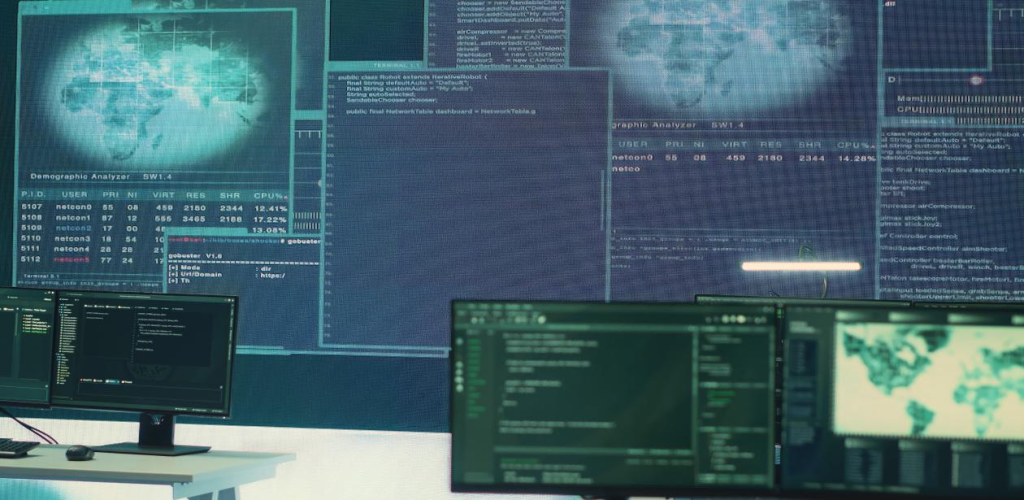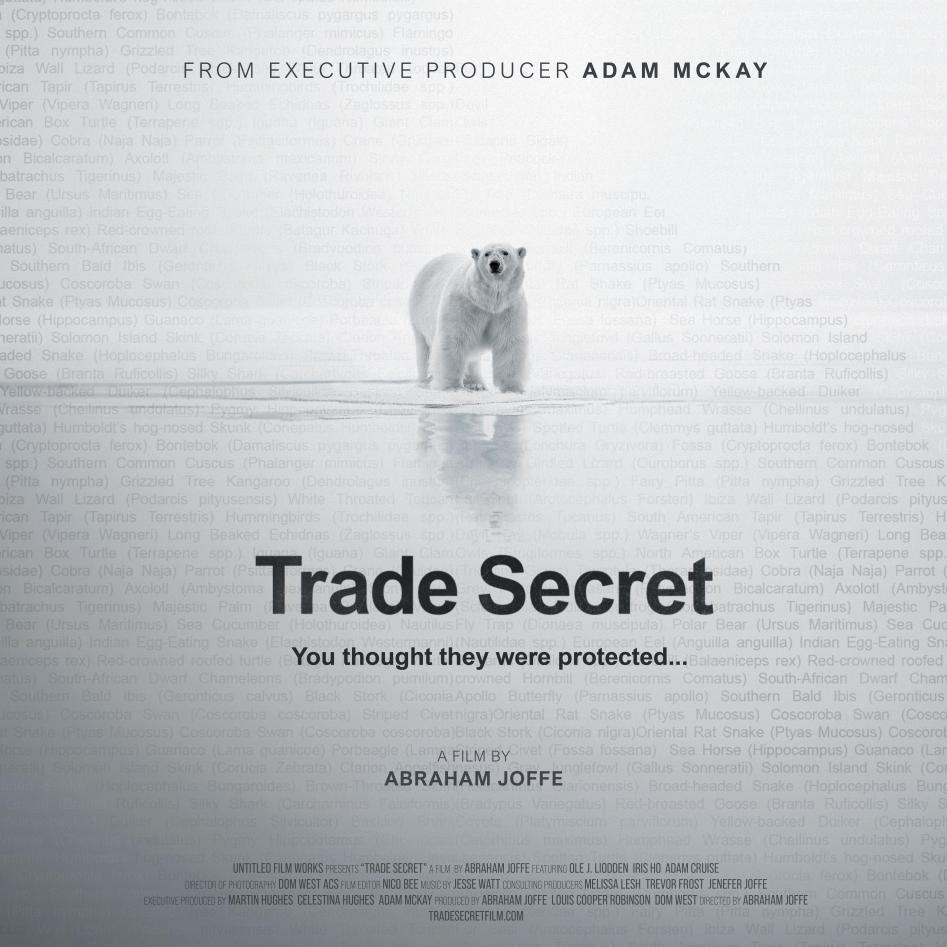Digitale angrep kan i dag lamme kritisk infrastruktur, påvirke demokratiske prosesser og endre maktbalansen mellom nasjoner. På dette temamøtet utforsker vi hvordan konflikter utspiller seg i det digitale rommet – og hva det betyr for samfunn og beredskap, med foredrag av Ronny Windvik (FFI) og Jørgen Dyrhaug (NSM) .

Om møtet (holdes på norsk)
Arbeidsplasser, hjem, utdanninger og sosiale arenaer er i stor grad blitt avhengige av IKT-systemer og internett. Overalt i samfunnet er det derfor et økende behov for kompetanse innen digital sikkerhet.
I en tid der digitale angrep kan lamme kritisk infrastruktur, påvirke demokratiske prosesser og endre maktbalansen mellom nasjoner, har cyberangrep blitt en av vår tids mest alvorlige sikkerhetsutfordringer. På dette temamøtet ser vi nærmere på hvordan konflikter utspiller seg i det digitale rommet – og hva dette betyr for samfunn, virksomheter og nasjonal beredskap.
To foredragsholdere vil belyse tematikken fra ulike vinkler. Til slutt blir det tid til spørsmål fra salen.
10.03.2026 – 16.30–18.00
Realfagbygget, Allegaten 41, Auditorium 2
Mer informasjon på UiBs nettsider.
Innlegg
- Ronny Windvik, FFI: Cyberoperasjoner som et militært og sikkerhetspolitisk virkemiddel
- Jørgen Dyrhaug, NSM: For å takle datamaskiner, digitalisering og cyber space, må du starte med å forstå deg, ditt og dine! Og ditt eget beste…
Praktisk informasjon
- Dato: Tirsdag 10. mars 2026
- Sted: Realfagbygget, Auditorium 2 (underetasjen), Allegaten 41
- Tid: Foredraget starter 16.30
- Lett servering utenfor auditoriet fra kl. 16.00.
- Møtet er åpent for alle
Om foredragsholderne
Ronny Windvik har siden 1999 arbeidet med problemstillinger innen cybersikkerhet og cyberoperasjoner ved FFI. I dag er han forskningssjef for et område som omfatter risikoanalyser og forsvarlig sikkerhetsnivå, krypto, forebyggende sikkerhet i autonome systemer, deteksjon ved bruk av KI, hendelseshåndtering og cyberoperasjoner. Han har vært medforfatter for tre bøker; Datasikkerhet for ledere (2018), Barn på nett (2018) og Digital sikkerhet (2020). Foredraget vil omhandle bl.a.: Cyberoperasjoner som et sentralt militært og sikkerhetspolitisk virkemiddel. Han vil skissere en historisk utviklingslinje fra tidlige nettverksangrep til avanserte, statlige operasjoner og vise hvordan teknologiske endringer og økt avhengighet av private aktører har endret sårbarhetsbildet og staters handlingsrom. Presentasjonen belyser også hvordan ulike staters strategiske kultur og militære tenkning påvirker bruken av cyberoperasjoner, og hvordan den teknologiske utviklingen vil kunne forme fremtidens cyberoperasjoner.
Jørgen Dyrhaug arbeidet 14 år med sikkerhet i Forsvarsdepartementet innan han begynte i NSM i 2013. Han er utdannet sivilingeniør fra NTH og har også erfaring fra privat sektor. NSM er Norges fagorgan for forebyggende sikkerhet, og har som hovedoppgave å beskytte landet mot spionasje, sabotasje, terror og sammensatte trusler. Sammen med Etterretningstjenesten og PST utgjør NSM en av de tre sentrale sikkerhetstjenestene i Norge.
Arrangører
NTVA, Tekna Bergen og Academia Europaea Bergen.

